The job market is evolving more rapidly than ever. New technologies, economic changes, and global issues are transforming the abilities to thrive. According to the World Economic Forum’s Future of Jobs Report 2025, core skills that are on the rise in 2030 include analytical thinking, AI and big data, creative thinking, resilience, technological literacy, and lifelong learning. These skills exhibit the increasing requirement for individuals who can pivot, lead, and innovate in a changing work environment.
Both technology-related and human-focused jobs will be considered as core in 2030. For instance, technology-focused skills such as AI development and cybersecurity are becoming a must-have across industries, while human-focused skills like leadership, curiosity, and talent management remain essential in leading teams and influencing company culture.
Key Takeaways
- AI, cybersecurity, and tech literacy are becoming essential in future jobs across all industries.
- Creativity, adaptability, leadership, and continuous learning are growing just as fast as technical skills.
Core Skills Shaping the Future Workforce by 2030
The following table shows the top core skills projected to rise in importance by 2030, based on net increase as reported in the World Economic Forum’s Future of Jobs Survey 2024.
| Skill | Net Increase |
|---|---|
| 1. AI and Big Data | 87% |
| 2. Networks and Cybersecurity | 70% |
| 3. Technological Literacy | 68% |
| 4. Creative Thinking | 66% |
| 5. Resilience, Flexibility, Agility | 66% |
| 6. Curiosity and Lifelong Learning | 61% |
| 7. Leadership and Social Influence | 58% |
| 8. Talent Management | 58% |
| 9. Analytical Thinking | 55% |
| 10. Environmental Stewardship | 53% |
The data is sourced from the World Economic Forum’s Future of Jobs Report 2025.
1. AI and Big Data (+87%)
Artificial Intelligence (AI) and big data are becoming an essential part of every sector. From the healthcare to the financial sector, firms are using machines to gather, sort, and learn from huge quantities of data. During 2025 to 2030, this ability is expected to experience a net growth of 87%.
2030 jobs will heavily depend on artificial intelligence and data science. From logistics to marketing, employers require individuals who can work with data tools, comprehend machine learning, and make informed decisions based on insights.
2. Networks and Cybersecurity (+70%)
This skill will increase dramatically in demand by 2030, even in non-traditional digital sectors. A basic understanding of data protection and secure online behavior will be necessary in most jobs. Those with advanced cybersecurity capabilities will be in demand across all sectors.
3. Technological Literacy (+68%)
In the future, knowing how to use new tech tools will be equally important as knowing how to use existing ones. A lot of jobs in the future will require individuals who can adapt to evolving technology and keep themselves abreast of the latest systems and tools employed in various industries.
By 2030, even non-technical jobs will demand minimum technology literacy, and the skill is expected to grow 68% between 2025 and 2030.
Global Workforce Change by Generation: Current and Projected 2035
4. Creative Thinking (+66%)
While automation increases in all industries, creativity is something that only humans can deliver. From designing campaigns, enhancing customer experience, or redesigning work processes, creative thinking will be as necessary in all industries by 2030. This talent is particularly helpful when companies face challenges or need to develop new products or services.
5. Resilience, Flexibility, and Agility (+66%)
The future of work won’t be smooth or predictable. The past few years have shown how fast things can change. In the future, jobs will require people who can adjust to new tools, roles, or business models without losing focus.
Resilience refers to the capacity to recover after failures. Flexibility is a willingness to adapt, and agility is the speed of adaptation in new situations. All these characteristics enable employees to remain resilient and effective even when things are uncertain. This is also becoming an increasingly core skill in 2030.
6. Curiosity and Lifelong Learning (+61%)
The capacity to learn, unlearn, and relearn is essential for the future job market. With changing industries, employees will have to keep acquiring new skills.
This may involve learning new programs, getting the latest in their department, or even venturing into an entirely new profession. In the 2030 workplace, a mindset to learn will be as highly valued as experience.
7. Leadership and Social Influence (+58%)
The best future careers won’t be about technical expertise—they’ll also involve leadership. Even beyond management, employees with good leadership and communication abilities can bring people together and solve problems. So, this is the fundamental skill and is on the increase by 2035.
8. Talent Management (+58%)
Future leaders won’t just manage work—they’ll manage people. Companies will be depending on employees who can build great team cultures and help others achieve success. Knowing how to develop talent, provide opportunities for learning, and construct great teams will be one of the core skills in 2030.
9. Analytical Thinking (+55%)
Problem-solving, analytical thinking, and the capacity to break down complicated information are increasingly valuable across all sectors. As more work moves online, keeping information safe is more important than ever. Cybersecurity protects systems, data, and communication against attacks or disclosure. This skill is set to experience a net growth of 70% between 2030 and 2025.
10. Environmental Stewardship (+53%)
By 2030, businesses will seek employees who can think in terms of the environment for their daily tasks. Whether it is cutting energy consumption, selecting environmentally friendly materials, or contributing to sustainable products, this skill will grow in value across all job types.
Conclusion
According to the World Economic Forum’s Future of Jobs Survey 2025, technology-driven and people-oriented skills will become more valuable by 2030. Employees that improve their competencies in fields such as AI, cyber security, creativity, and resilience will be more equipped to face opportunities in the future.








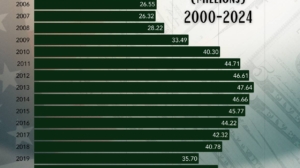

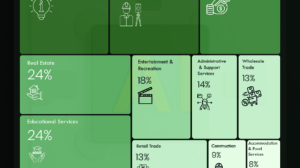
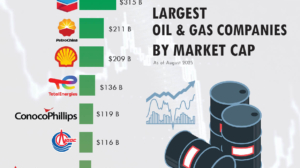








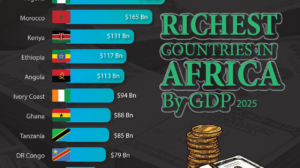



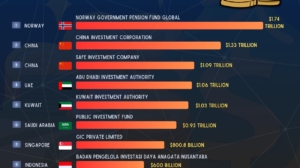
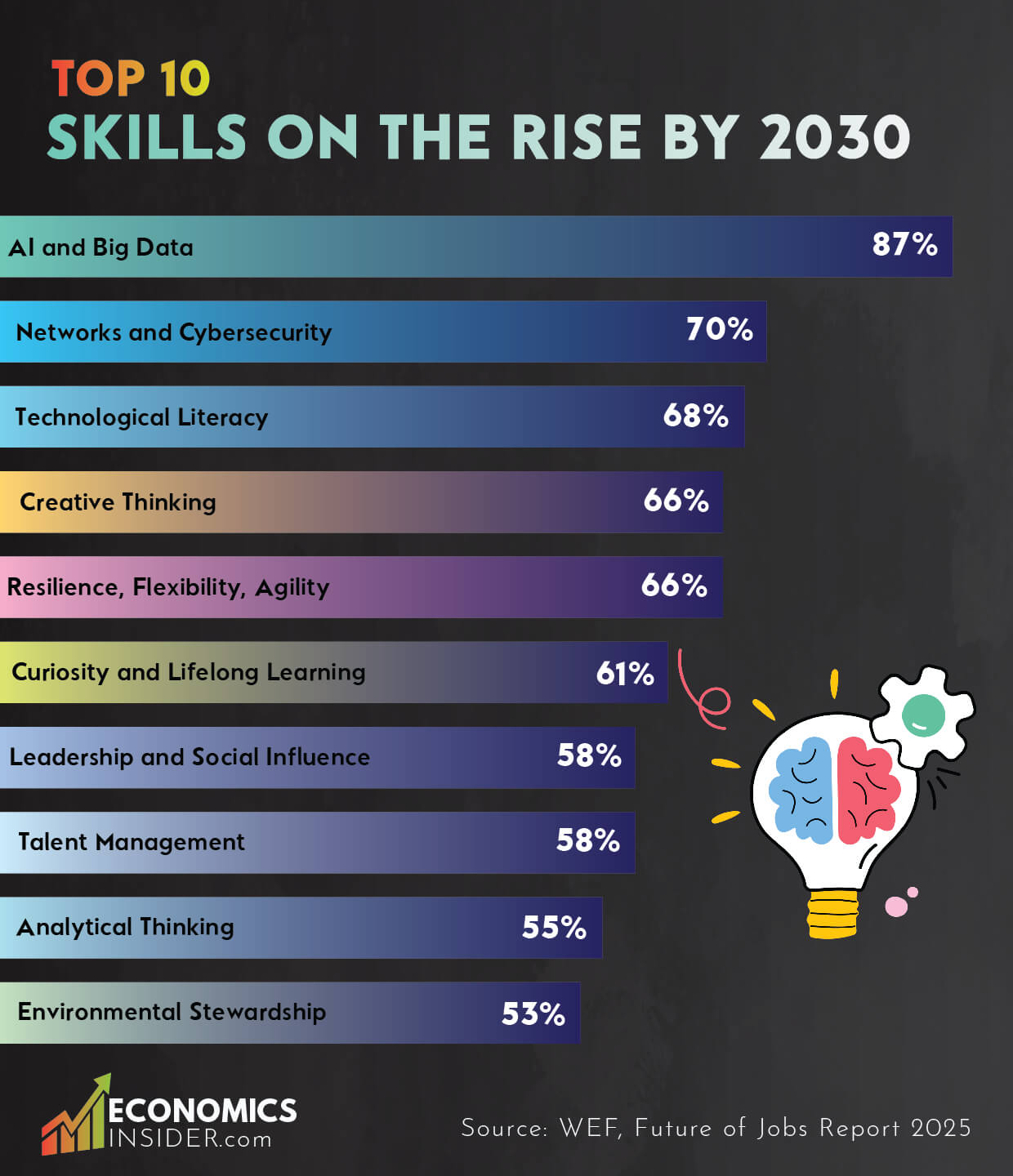

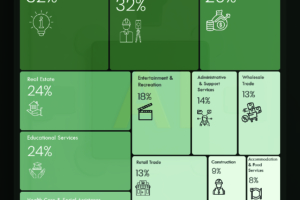

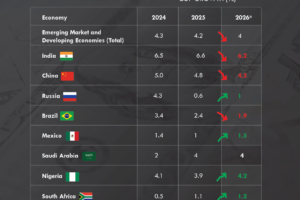









Add Comment